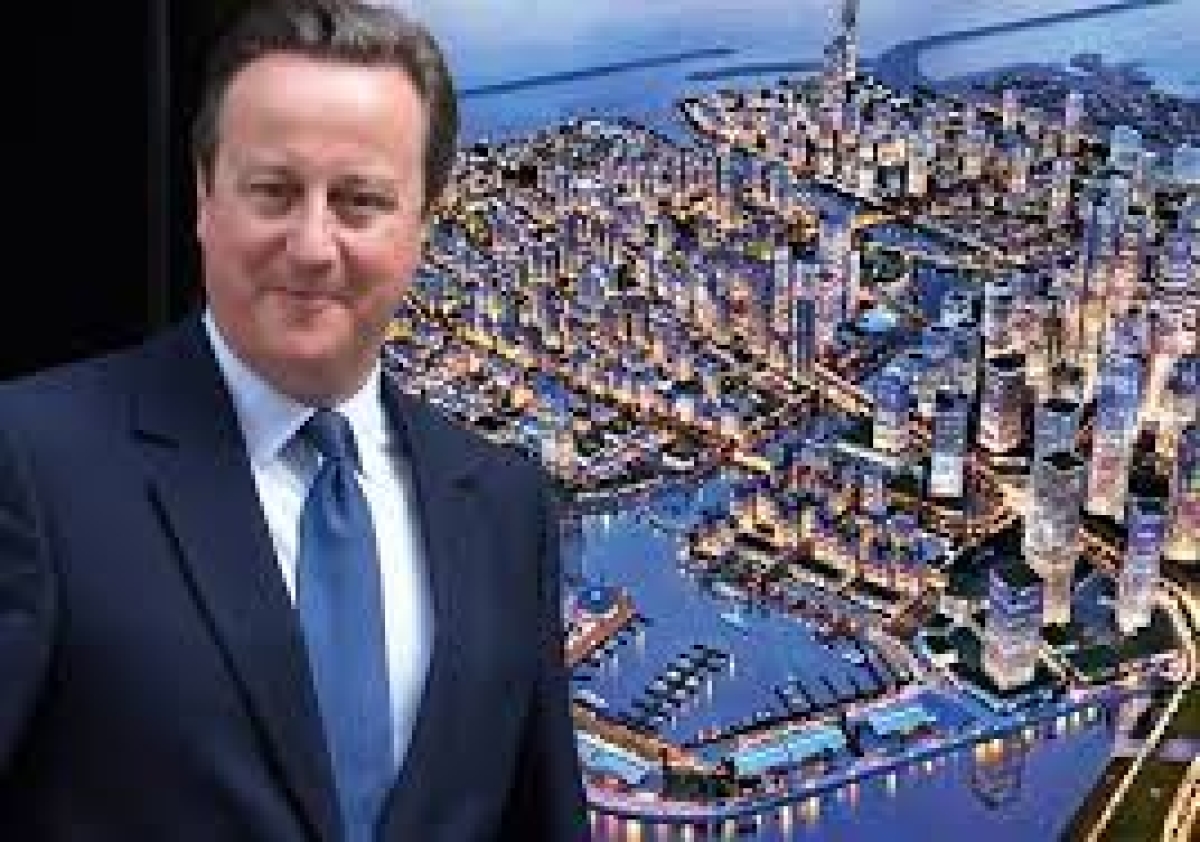In a heated session at the House of Commons, Labour MP Siobhain McDonagh raised serious concerns about the current Foreign Secretary David Cameron's past professional engagements, claiming that he worked for a Chinese state enterprise sanctioned by the US Government and blacklisted by the World Bank for bribery. McDonagh asserted that the Foreign Secretary had been paid by the Chinese company to promote the construction of a port in Sri Lanka, a nation marred by accusations of war crimes and ongoing concerns about thousands of disappeared individuals since the end of the civil war in 2009.
During the parliamentary session, McDonagh posed a critical question to the Minister, emphasizing the British people's right to know about the professional affiliations of their Foreign Secretary, especially when it involves employment by the Chinese government. The accusation raises questions about potential conflicts of interest and the impact on the UK's foreign policy decisions, particularly regarding China and its investments in other nations.
Labour MP Pat McFadden furthered the inquiry by highlighting the Foreign Secretary's role in promoting the Port City Colombo project in Sri Lanka, receiving praise from the China Harbour Engineering Company. McFadden pressed for clarification on the ultimate client when the Foreign Secretary received payment from KPMG Sri Lanka for his involvement in promoting the project, seeking to discern whether it was the Sri Lankan Government or the Chinese state-owned China Harbour Engineering Company.
Responding to the queries, Conservative MP and Minister for the Cabinet Office, John Glen, stated that the UK Government's stance on China remains unaltered. Glen emphasized the commitment to engaging directly and robustly in the UK's national interest. The response did not directly address the specific questions about the Foreign Secretary's past employment and potential ties to the Chinese state enterprise.










